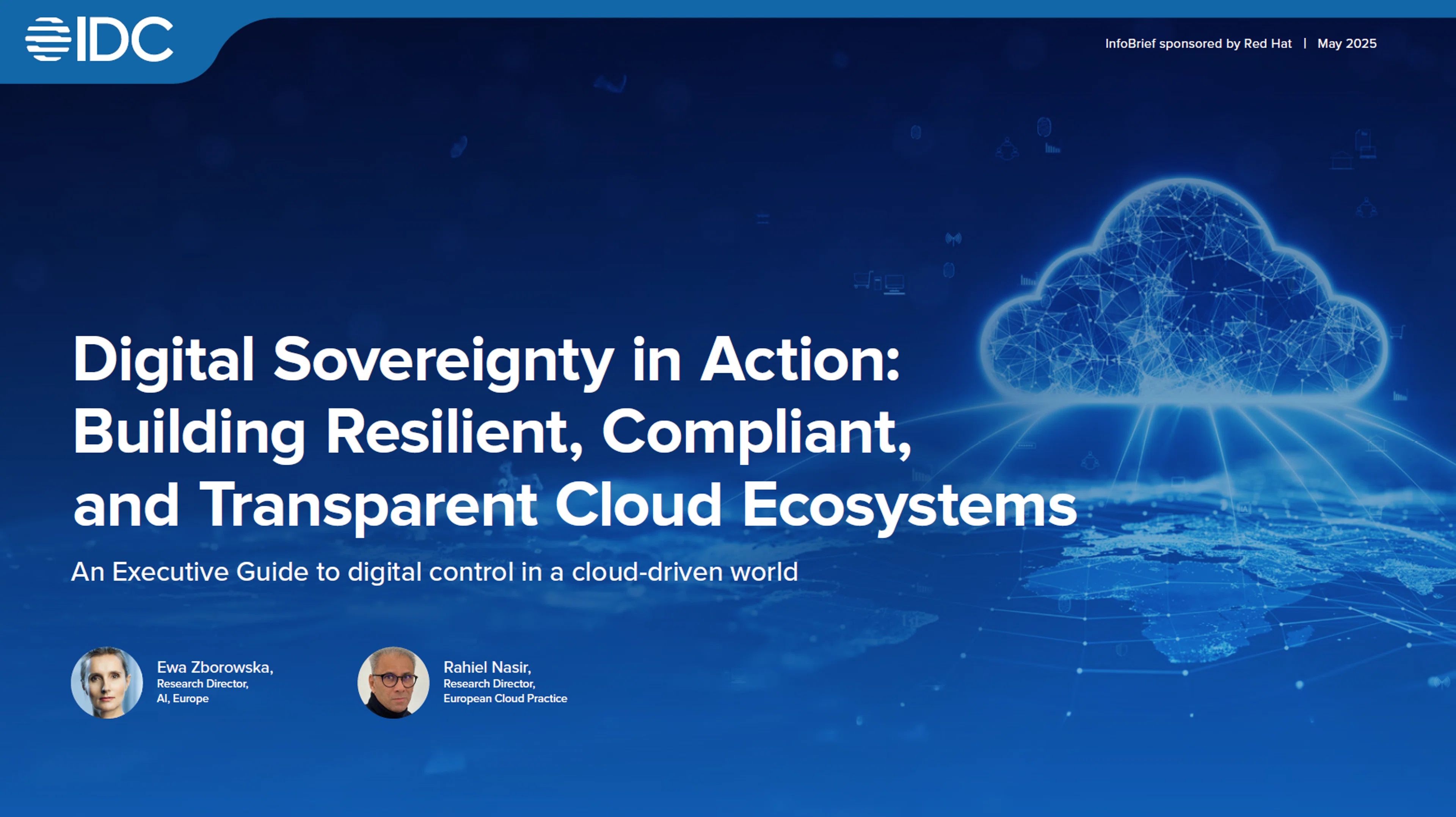Why Digital Sovereignty matters
In 2024, 31% of European organizations surveyed said they are currently using sovereign cloud solutions, while 50% plan to do so in 2025.
Many organizations across Europe are still at the early stages of their cloud migration strategies. As they begin their digital transformations, these organizations and those in other countries are considering everything they will need for cloud, including solutions for sovereignty.

What is Digital Sovereignty
As the use of digital technologies continues to increase, so do concerns around data privacy and data control. This has led to the concept of digital sovereignty. This is a broad concept that comprises various attributes aimed at giving governments, organizations, and individuals the capacity for digital self-determination.
Essentially, digital sovereignty gives companies greater control of their data and where it resides. It also means greater operational resilience, which is especially crucial for governments who want to ensure critical national infrastructure is always available.
Building a Sovereign Cloud
Data Sovereignty
As well as solutions for data sovereignty, organizations also need those that offer controls for technical sovereignty. This refers to all the digital infrastructure, including the datacenters, IT hardware, software, and XaaS used for cloud-based data and workloads. All of that should be shielded from extra-territorial interference, which may prove difficult if the vendors that provide all the assets are foreign firms.
Technical Sovereignty
Technical sovereignty should also include open-source solutions that lend themselves well to data interoperability, portability, and transferability, as organizations can not afford to lock themselves into custom-built solutions that become legacy systems in their own right.
Operational Sovereignty
A third aspect to building a sovereign cloud is operational sovereignty. Here, technology providers should offer cloud capabilities that enable transparency in controlling operations, from provisioning and performance management to monitoring physical and digital access to the infrastructure.
Ultimately, digital sovereignty is about control for the data owner, and that includes control over all aspects of software used for data in a sovereign cloud, as well all the underlying infrastructure and hardware that supports that.


